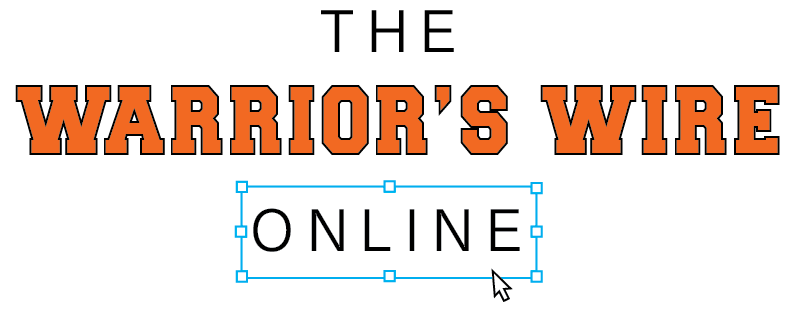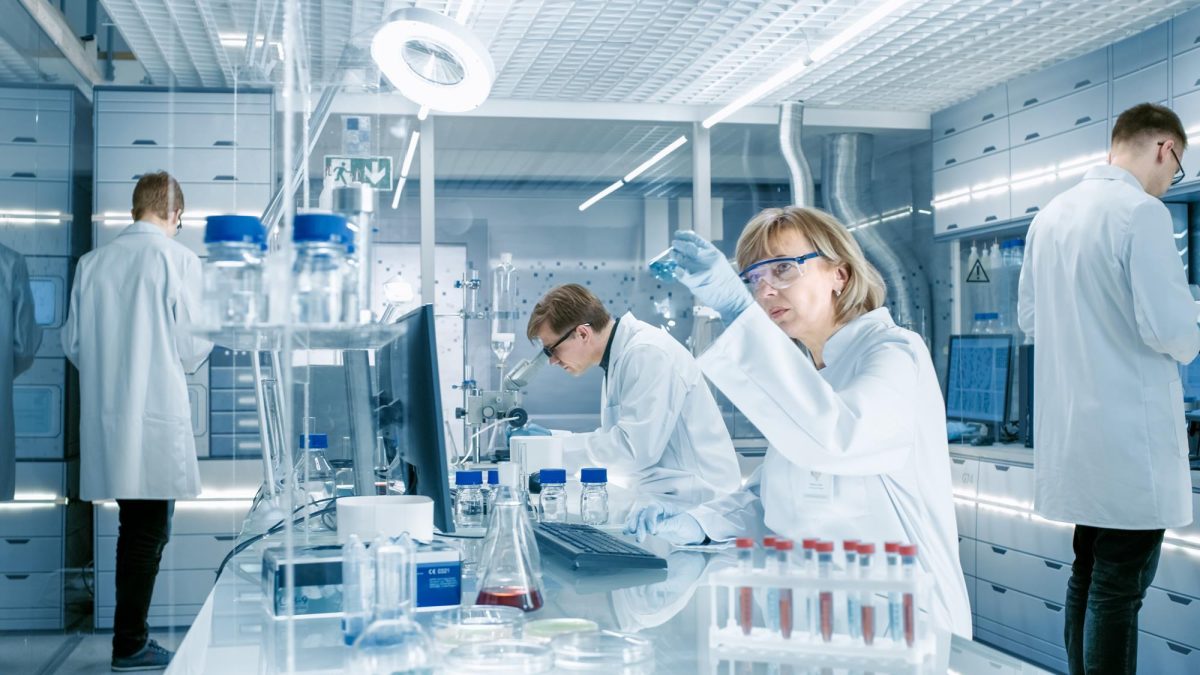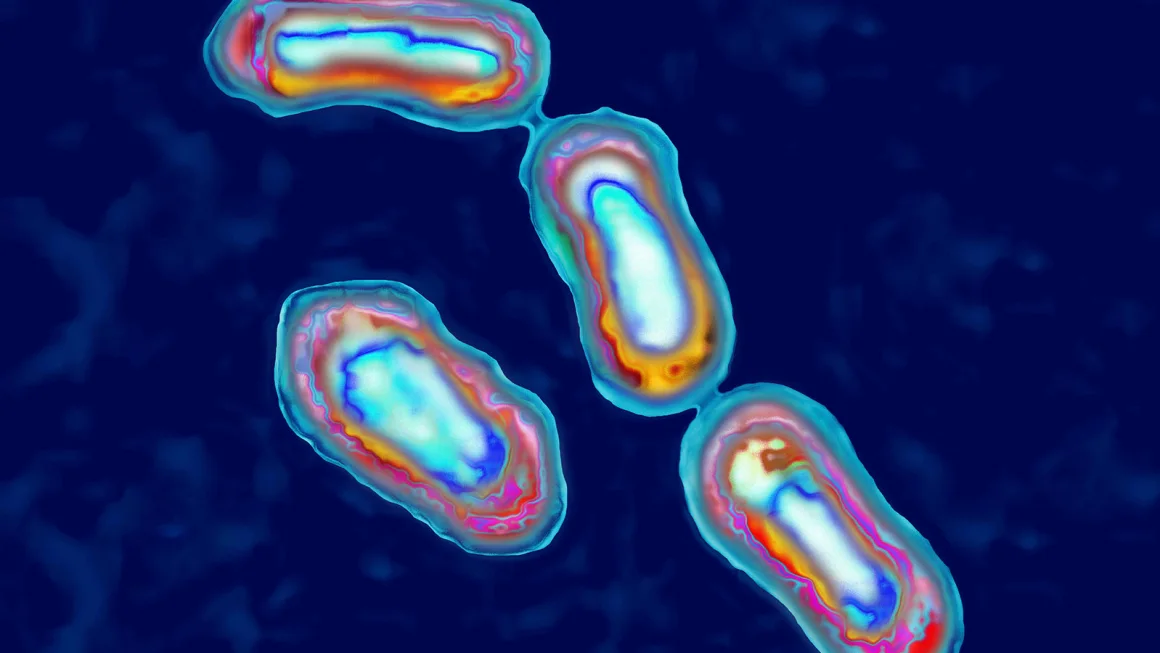2023 has been a revolutionary age for science and technology. With a wide array of astronomy discoveries, new breakthroughs in biology, and what seems to be the start of an AI renaissance. The world of discovery is expanding at an exponential rate.
Astronomy has had plenty of growth this year but among the many discoveries lies the detection of immense ripples in the fabric of space-time. When dense groupings of mass come together they cause space and time to warp around it, forming the force we know as gravity. At local scales the noise of space has been detectable for a longer time, but now our universal ears are getting sharper. We’re no longer just listening to the shouts of space, but the murmurs all around us. From identifying the radio waves of local planets, to picking up the warping of spacetime across millions of lightyears.
Biology has had a major year with genetics and DNA in particular having two breakthroughs. As of June 15th, scientists were able to synthesize human embryos without a human host. They did this with stem cells, human cells with the unique ability to develop into many different functioning cells. This discovery opens a whole new world of possibilities now that humans can be made without other people. Which also brings up the question of the ethics of this action. Along with this discovery has come gene editing serving its fateful purpose of treating disease. CRISPR Therapeutics, a biotechnology company, has started using gene editing to effectively treat sickle cells. Previously doctors had to insert the cells of other people to produce the proper proteins required for sickle cell treatment, but now doctors can use the cells of a sickle cell host to cure themselves. They can take the DNA of the same person and modify it to produce the treating proteins when released back into the body.
AI, amongst everything else, has expanded its horizons faster than people would have ever imagined. With a market expected to reach $638 billion by 2024, it seems the development won’t cease any time soon. In 2023, ChatGPT4 was released and holds up as one of the strongest deep learning algorithms. Along with it have come hundreds of generative algorithms capable of anything from simple conversation to writing, illustrating, and sound designing independent movies. AI is also growing in the workplace with 47% of business leaders willing to consider AI over employee hire. While that does seem like a drastic downside it’s also said that AI is expected to make 133 million jobs in the next six years. AI has plenty of ups and downs and while the future of this technology may be uncertain, the fact remains that humans are on the fringe of a groundbreaking discovery and development renaissance, as we learn to coexist with an outperforming intelect.(sourced: tech.co)








